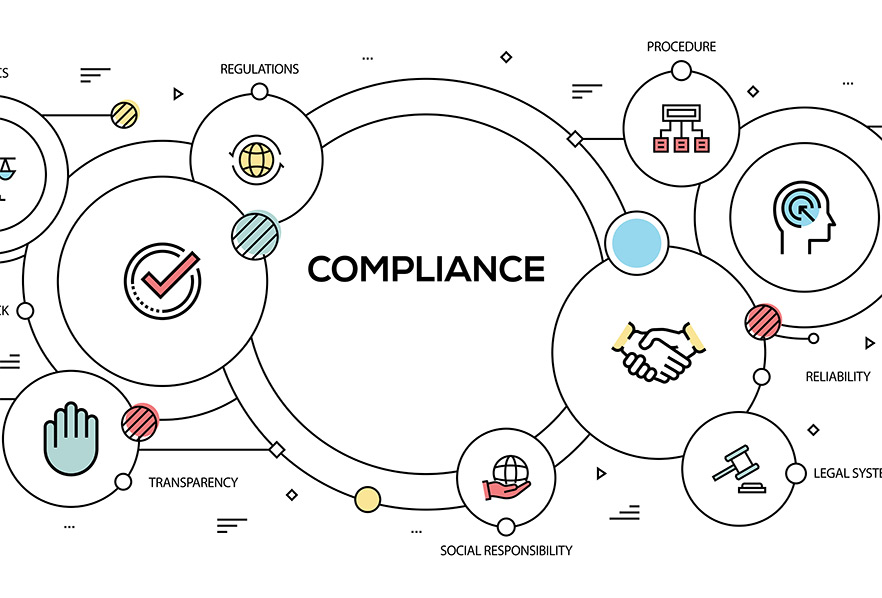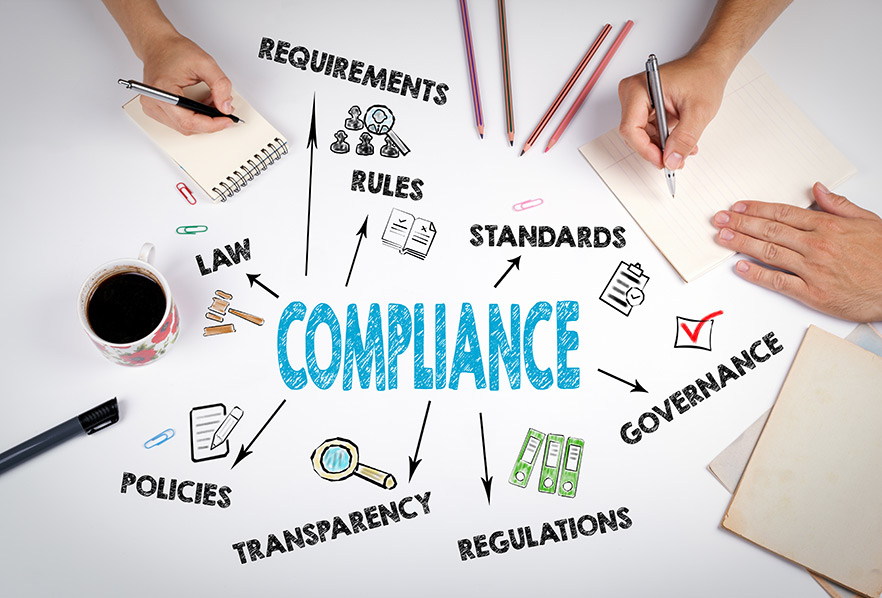AT: You have had a very interesting career, working in state government in Tennessee before moving into compliance. What led you to pursue public service?
KL: I began my career as a public servant because I wanted the greatest opportunity to develop litigation skills early in my career. During a summer internship with the Memphis Public Defender’s Office, I observed that the public sector offered young attorneys the ability to develop and sharpen their litigation skills. Therefore, when I moved to Nashville to start my legal career, I believed the public sector would provide the best and fastest opportunity to do the same. During my tenure with the State of Tennessee, I served as an assistant general counsel, an administrative judge presiding over abuse registry and employment hearings, a senior counsel of health and employment law, and as special counsel to the commissioner of the Department of Children’s Services. I enjoyed every perspective that litigation afforded.
AT: Can you tell us about your time working in the Department of Health?
KL: I began my career as an assistant general counsel at the Office of General Counsel for the Tennessee Department of Health. I litigated licensure violations before several Tennessee Division of Health Related Boards: Board of Dentistry, Board of Medical Examiners, Board of Psychology, Board of Physical Therapy, and Board of Nursing. Although it was a litigation position, this was my introduction to compliance. Compliance can be defined as the act or the process of adhering to policies, rules, and laws within an industry. As my appreciation for compliance increased, I began to incorporate the need for compliance with laws and regulations as part of my legal arguments to persuade the various boards that my evidentiary proof and recommendations for disciplinary actions should be adopted. Combining compliance requirements with other legal strategies proved to be a great formula for my success.
AT: What I think most would find surprising is that even in the state government, you held a compliance role. At the Department of Mental Health and Substance Abuse Services, you were charged with maintaining Joint Commission on Accreditation of Healthcare Organization standards and compliance for 100-plus facilities. Were the compliance challenges there the same as they are in the private sector or, being a governmental entity, were they somehow different?
KL: Attainment of compliance goals differs significantly between the private and public sectors because the emphasis of each sector is fundamentally distinct. Profit, or the bottom line, is the focus of a private sector business. Therefore, the private sector strives to balance cost-effectiveness with the need to comply with applicable laws and regulations. Alternatively, the public sector focuses on spending money to both educate and enforce the rules and laws it creates for compliance.




